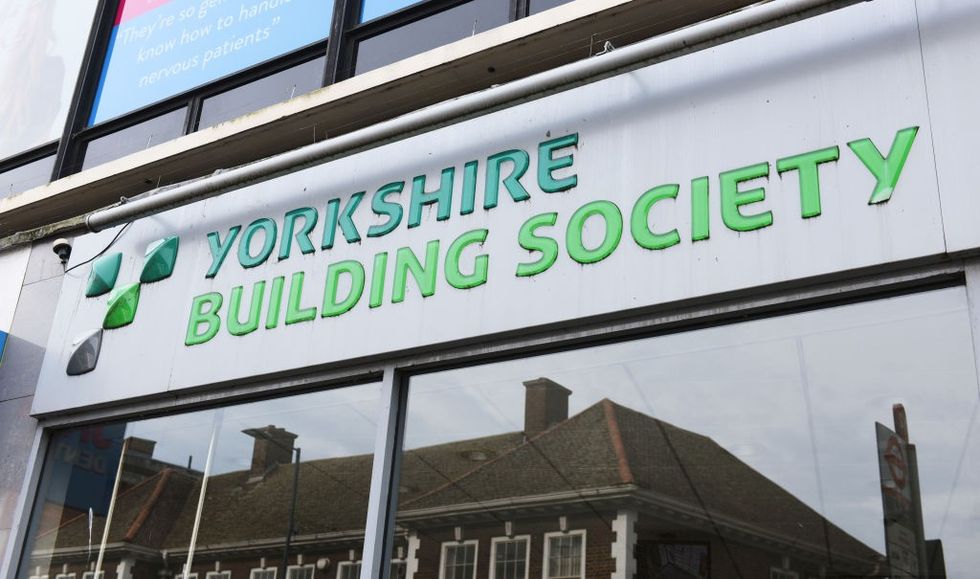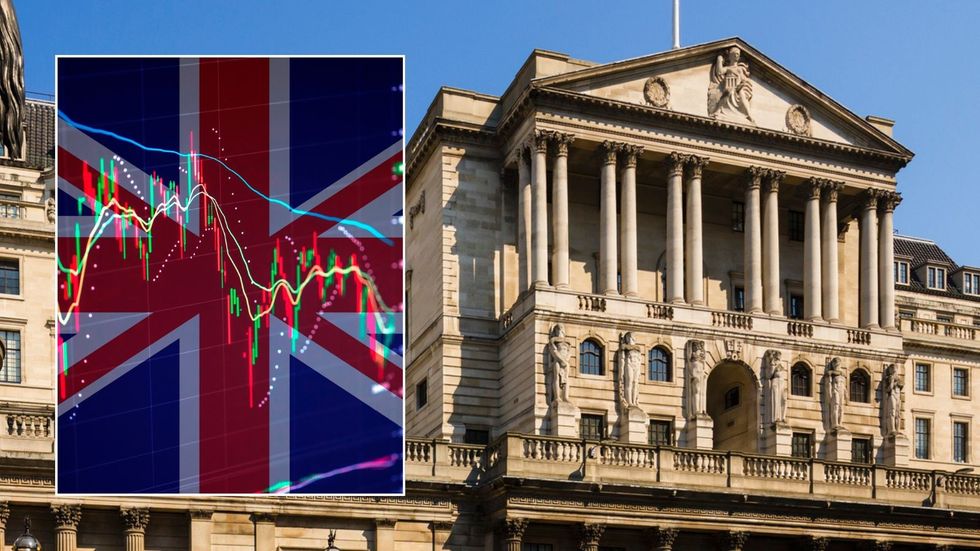Nearly 13 million UK current account holders could be missing out on extra cash by keeping their money in the wrong type of account, new analysis reveals.
Research from Yorkshire Building Society and CACI shows these accounts have balances exceeding £5,001, with the average amount held being £23,600.
The findings suggest Britons could have earned over £1,000 more this year by moving their money to better-paying accounts. The analysis comes as many households review their finances following the festive period.
Yorkshire Building Society has issued a stark warning about the costly mistake of keeping substantial funds in low-paying current accounts.
The building society’s Christmas Regular Saver account offers an alternative approach for those concerned about seasonal spending.
The savings product, which matured at the end of October, allowed customers to save between £1 and £150 monthly.
Account holders achieved an average balance of £1,070 by maturity, providing enough funds to cover typical Christmas expenses.
Do you have a money story you’d like to share? Get in touch by emailing [email protected].

Yorkshire Building Society has issued a warning to savers
GETTY
The building society emphasises that moving money from low-interest current accounts could generate significant additional income for households.
This comes as the organisation highlights growing concerns about the increasing cost of Christmas for many families.
Chris Irwin, the director of Savings at Yorkshire Building Society, broke down why Britons looking for a better deal from their bank should take action as soon as possible in the New Year.
He explained: “The cost of Christmas, for many, is growing each year. We started the year highlighting that keeping large amounts of funds in low-paying current accounts has become a costly mistake for millions.”
The building society’s analysis suggests this financial oversight is particularly significant during the festive season.
Irwin noted that despite ongoing attention to savings interest rates, many people continue to miss out on potential earnings.
 Savings interest rates are continuing to remain competitive GETTY
Savings interest rates are continuing to remain competitive GETTY He emphasised that these missed savings opportunities “could have easily covered the cost of the festive period for many”.
The director outlined that for those without substantial savings, starting a regular saver account now could provide a healthy sum for next Christmas.
This approach could help households avoid relying on credit for seasonal expenses. Yorkshire Building Society’s Christmas Regular Saver account demonstrates how structured saving can help manage festive expenses.
The account permitted monthly deposits ranging from £1 to £150, offering flexibility for different budgets.
By the time the account matured at the end of October, customers had accumulated an average balance of £1,070.
This sum was specifically designed to align with typical Christmas spending requirements. The building society suggests this type of regular saving approach could provide a practical alternative to keeping large sums in current accounts.
For those looking ahead to next Christmas, starting a regular savings habit now could help build a similar financial buffer, according to Yorkshire Building Society.
Irwin offered practical advice for those looking to improve their financial situation during festive periods.
LATEST DEVELOPMENTS:

Last year, the Bank of England voted to keep the base rate at 4.75 per cent
GETTY
“We don’t want to tell people how to spend their hard-earned money but covering the cost of Christmas, for many, can be quite daunting and stressful,” he said. “Making some small changes to habits could easily cover the cost of next Christmas.”
In recent years, savers have enjoyed a period of high interest rate accounts from high street banks and building societies.
This is due to the Bank of England’s Monetary Policy Committee (MPC) raising the base rate in an attempt to rein in inflation.
With the consumer price index (CPI) rate easing to around two or three per cent, the central bank has slashed the rate to 4.75 per cent.
Analysts are sounding the alarm over future cuts in 2025 which could impact what banks offer customers.
However, as of this week, major and challenger banks are continuing to provide savings interest rates of up to eight per cent.